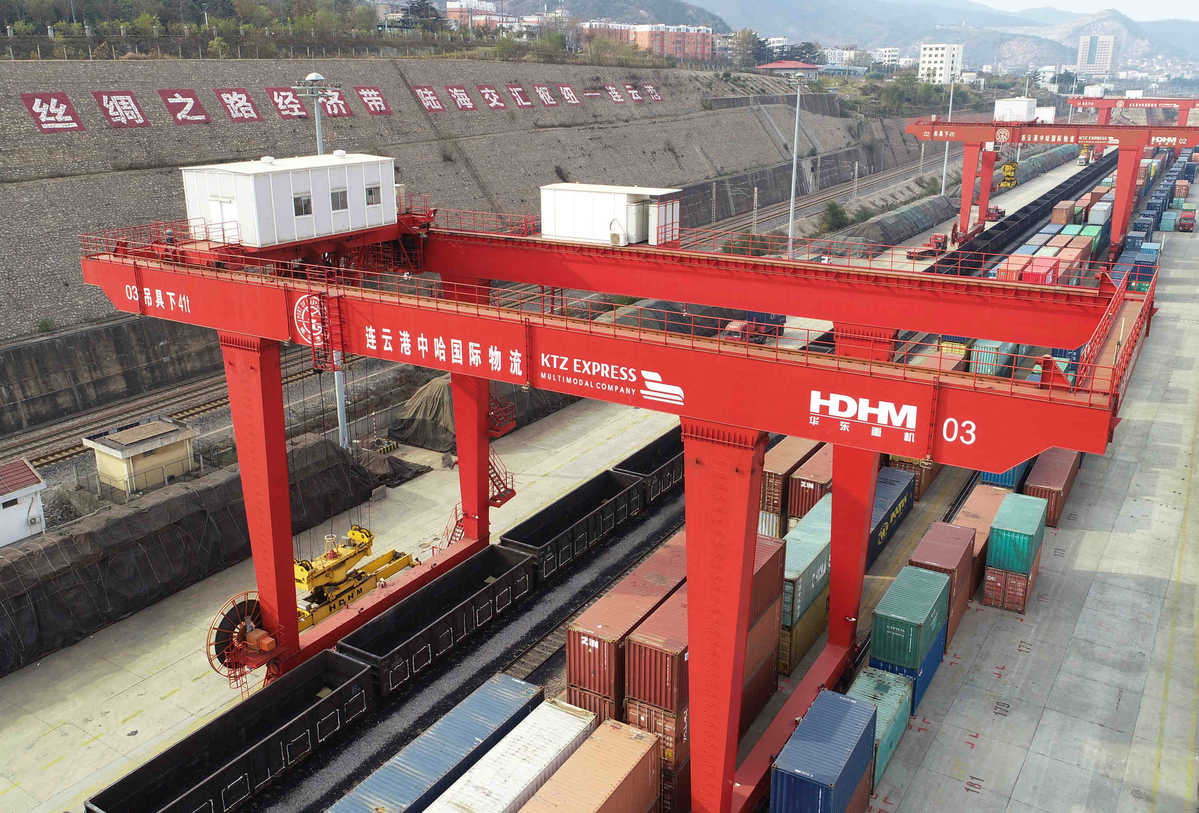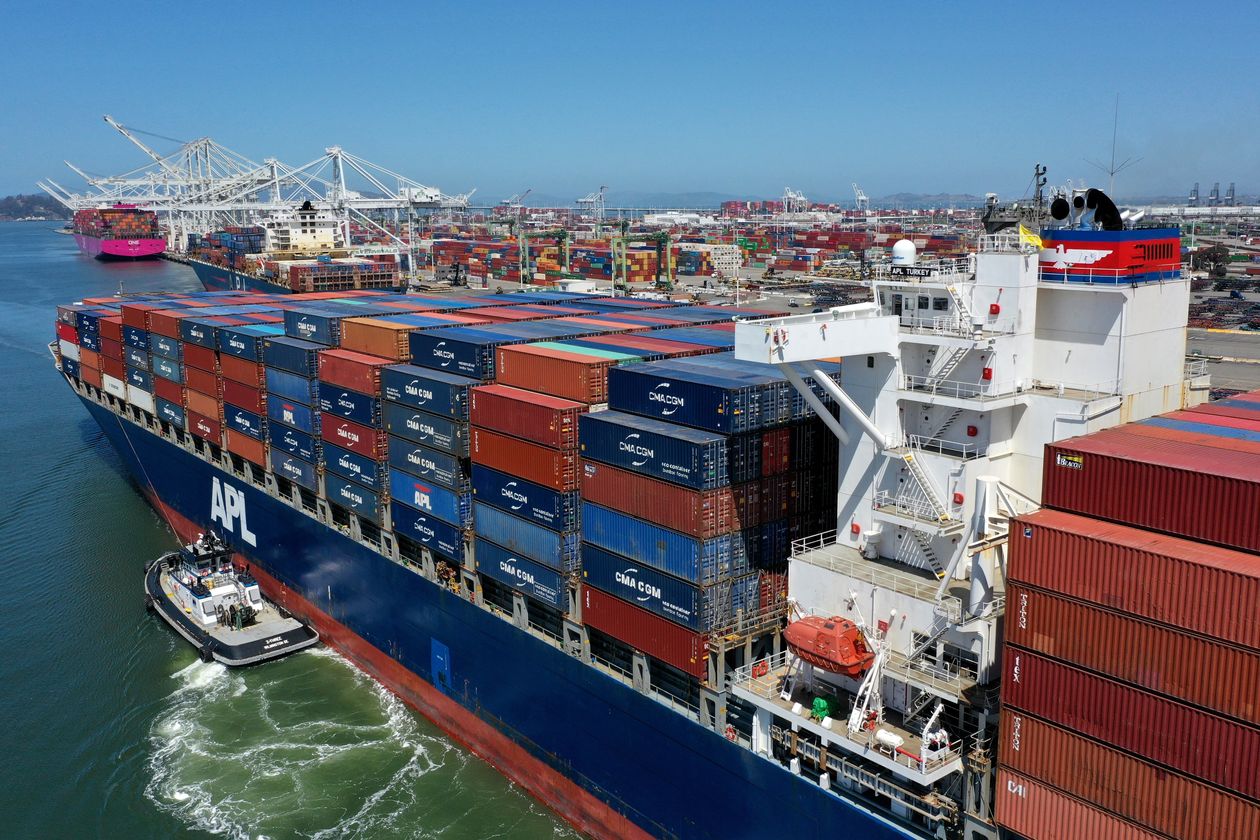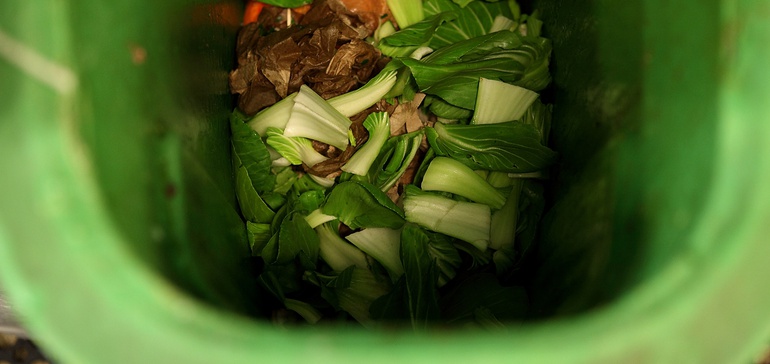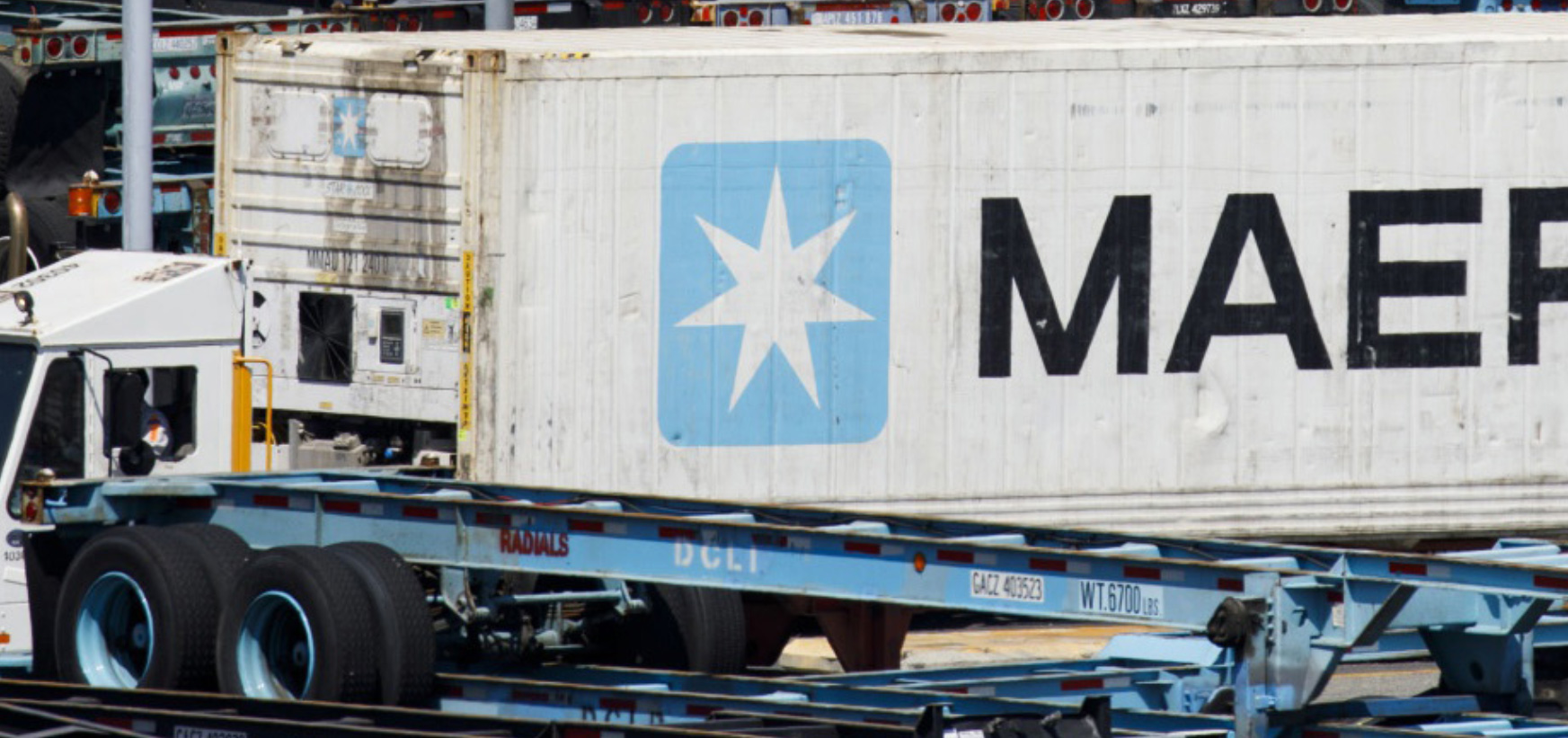
The Weekly Roar
Sustainable Shipping Is the Industry’s Hottest New Trend
In this week’s Roar, we’ve got China-Europe freight trains helping the fight against COVID-19, rapidly increasing ocean shipping delays, the industry’s impending peak season, efforts to cut supply chain waste, and the rise of sustainable aviation fuel.
First, there’s something interesting happening with the China-Europe freight trains located in the Lianyungang, Jiangsu province. They are not only providing safe and reliable international transportation, but they’re also helping the global fight against the coronavirus pandemic. According to China Daily, they carried 3 million doses of the vaccine in March of this year alone in addition to transporting 45,408 TEUs to Europe throughout 2020. – Click to read the full article.
With ocean liners running later than ever and average delays surpassing six days, the relief these trains provide is definitely appreciated. Given the fact that “only about 40% of container ships globally were on time arriving at ports in March” when more than 70% of ships arrived on time over the last two years, it’s no wonder retailers and manufacturers are struggling so much to keep up with growing demand. – Click to read the full article. – Click to read the full article.
That being said, it’s important to start prepping for the Christmas season now if you want to get your inventory-to-sales ratios up to speed to better manage the import boom and avoid premium charges. Take a look at FreightWaves’ SONAR Inbound Ocean TEUs Volume Index to see just how slammed American ports already are with new records being set almost every week (Click to read the full article):

One sector that could especially stand to benefit from advanced preparation and increased efficiency is the grocery industry. According to Supply Chain Dive, “stores waste more than 80 billion pounds of food (roughly 40% of our food supply) every year due to administrative mistakes, breakage, spoilage, theft, and other losses. Annually, it costs the grocery industry more than $50 billion in lost profits.” This waste, otherwise known as shrink, takes away food from those in need, severely impacts the environment, and takes a major toll on food prices, which is why many industry leaders are promoting zero shrink initiatives – Click to read the full article.
The zero shrink movement is one of many steps international shipping professionals are taking to achieve more sustainable supply chain operations. Another recent example includes Air France-KLM’s first flight capitalizing on sustainable aviation fuel, or SAF. By using old cooking oil from local sources, the biofuel represents a positive step in the right direction toward the country’s upcoming requirement that “aircraft must use at least 1% SAF by next year for all flights originating in France.” – Click to read the full article.
To learn more about this week’s top stories, check out the following article highlights:









